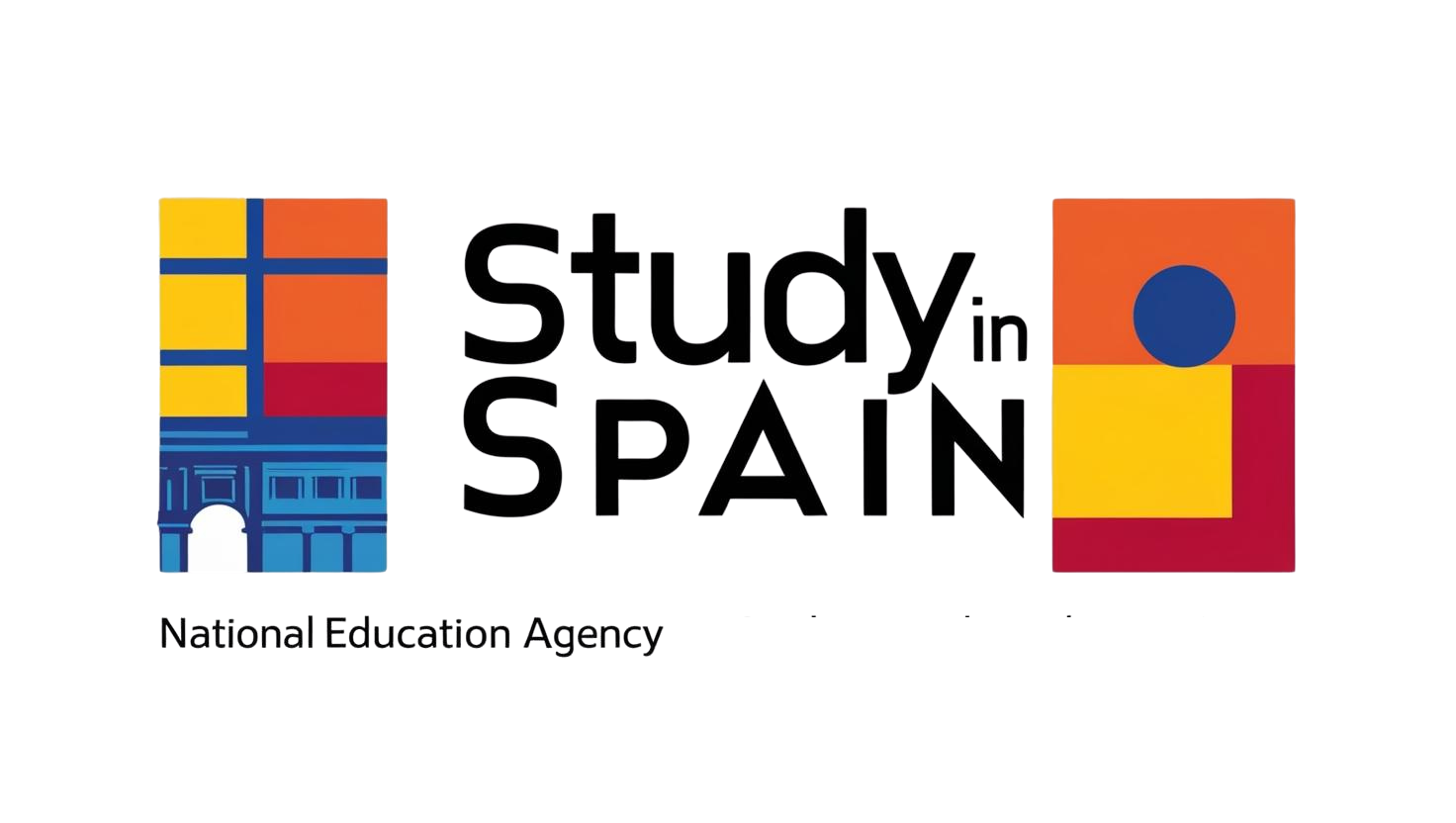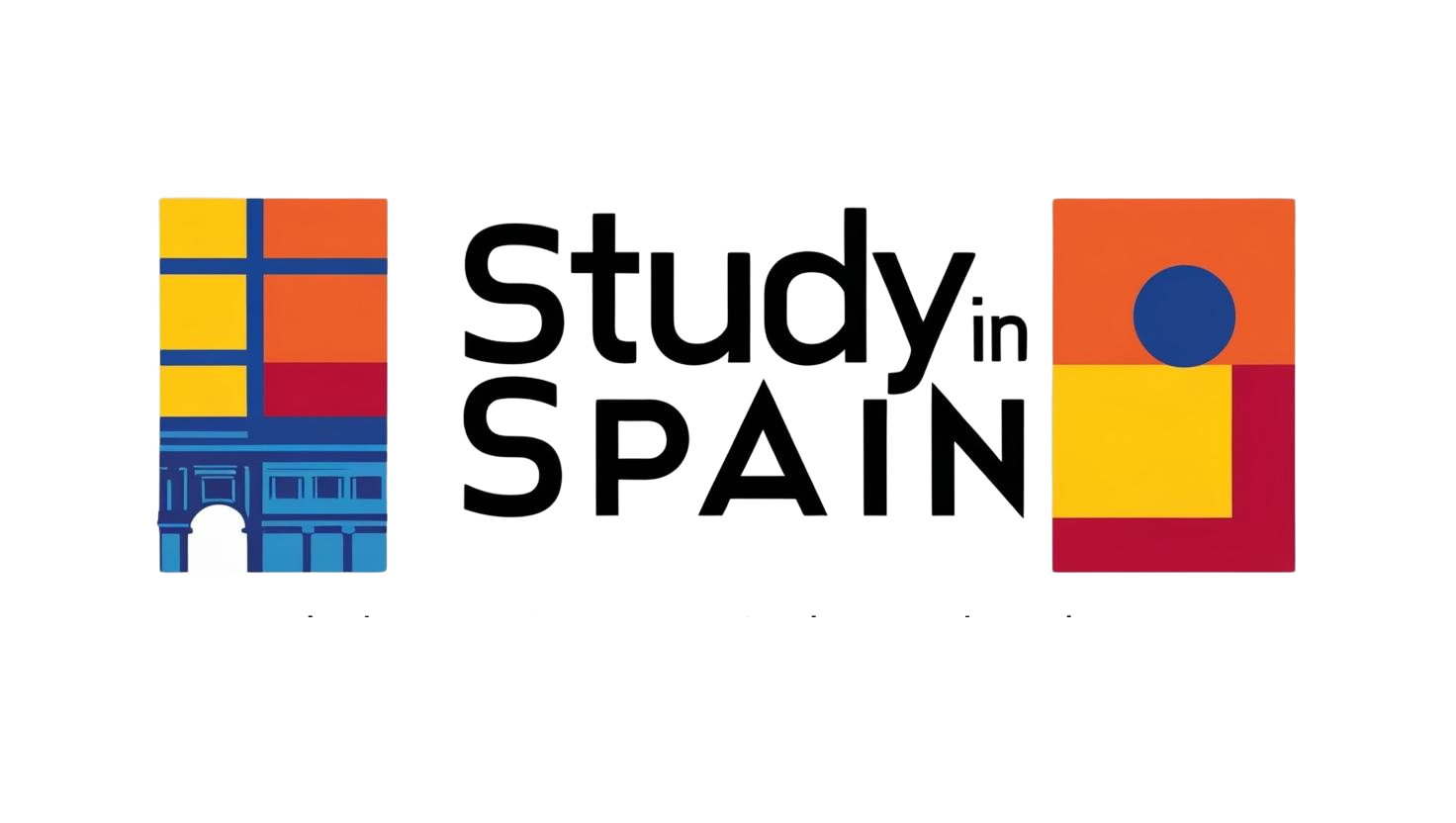Education Levels in Spain in
Compulsory Education
Primary Education
Ages 6-12
Six years of compulsory education covering basic subjects.
Divided into three cycles of two years each. Subjects include Spanish language, mathematics, social and natural sciences, foreign language, arts, and physical education.
Secondary Education (ESO)
Ages 12-16
Four years of compulsory education divided into two cycles.
Core subjects include Spanish language and literature, mathematics, geography and history, biology and geology, physics and chemistry, foreign languages, and physical education.
Non-Compulsory Education
Baccalaureate
Ages 16-18
Two-year non-compulsory program preparing students for university.
Students choose a specialized track: Arts, Sciences and Technology, or Humanities and Social Sciences. Ends with the university entrance exam (EBAU/EVAU).
Vocational Training
Ages 16+
Career-focused programs with direct labor market integration.
Available at three levels: Basic (FPB), Intermediate (CFGM), and Higher (CFGS). Covers various professional sectors with practical training.
Higher Education
University Degrees
Ages 18+
Bachelor's degrees typically last 4 years (240 ECTS credits).
Programs follow the European Higher Education Area framework. Public and private universities offer degrees across all academic fields.
Master's Degrees
After Bachelor's
1-2 years of specialized studies (60-120 ECTS credits).
Provides advanced training in specific academic or professional areas. Can be research-oriented or professionally oriented.
PhD Programs
After Master's
3-5 years of original research culminating in a doctoral thesis.
The highest academic degree focused on original research contribution. Includes research training activities and the development and defense of a doctoral thesis.



